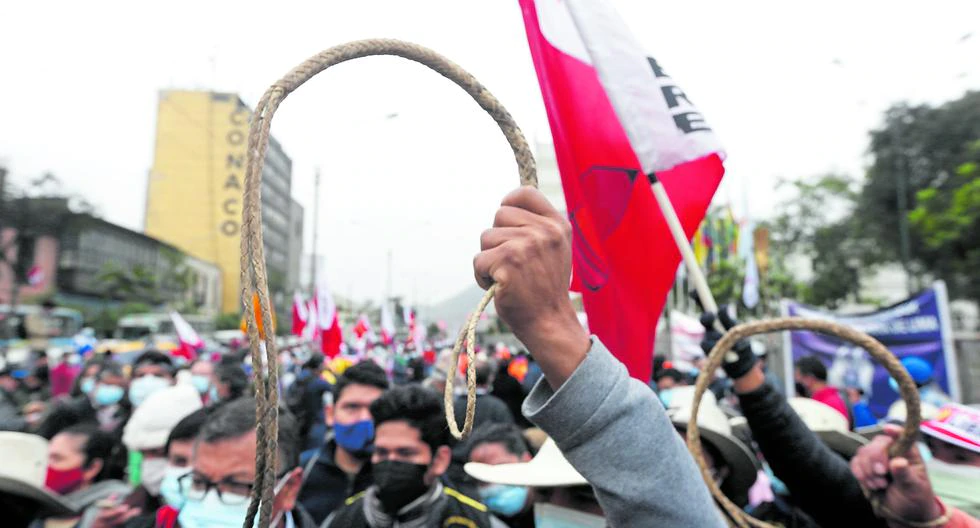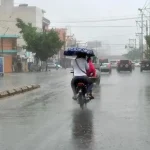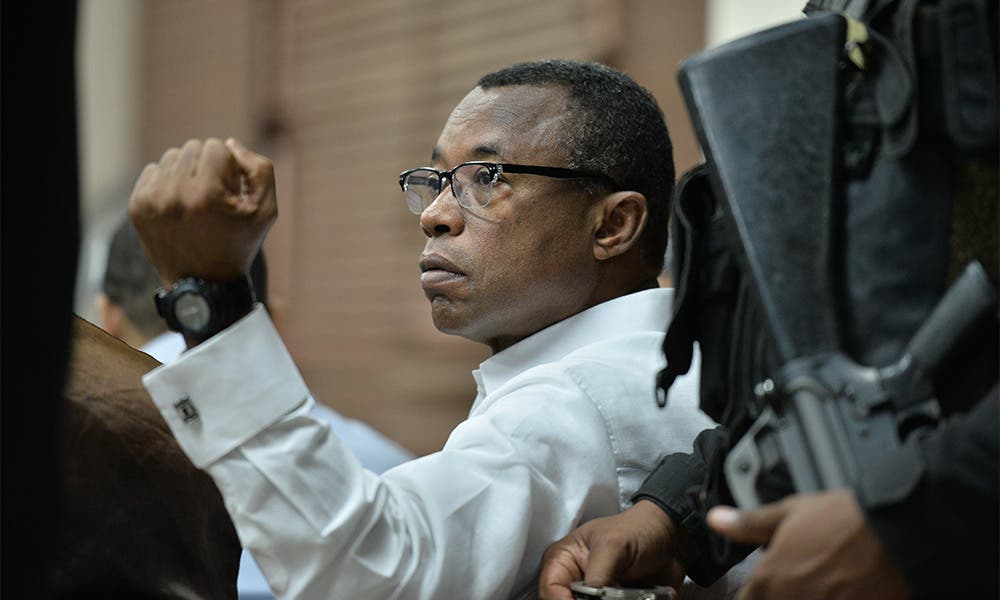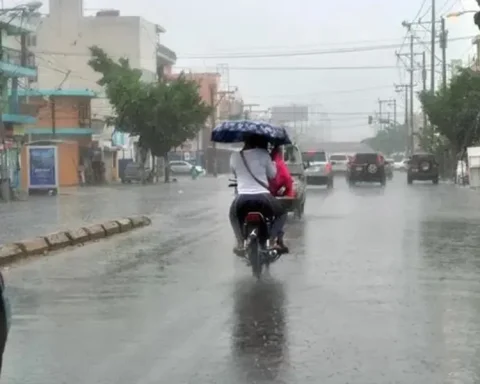It was February 2021 when Doña Isalbina Tantalián Caruajulca, an 80-year-old woman who was branded a “witch” before the police, was whipped with a binza – a whip made of bull leather. peasant rounds of Chumuch, located in the Cajamarca province of Celendin. Isalbina was subjected to multiple abuses: prevented from sleeping, locked in a room where she received buckets of cold water, thrown into the river as a form of torture and threatened with being burned alive.
LOOK: Kidnapped journalist: “The mayor of Chadín told me: ‘now play the macho role, then’”
“In the end I had to lie to them (the ronderos) so that they stop beating me, I told them that I have some skulls in my house, but since it wasn’t true, when we went to my house they didn’t find anything. Then they threatened me with death if I told everything they’ve done to me,” the old woman told a local media outlet.
The real story was another. Isalbina’s daughter-in-law and brother decided to take revenge on her. As they did not inherit some land that belonged to the affected person, they went to the ronderos with the lie of “witchcraft” and at that moment their torture began.
Like this there are other cases reported over the years. Two in particular have recently been highlighted: the kidnapping of journalists from América TV and the excessive physical punishment of 7 women for 10 days in a row when they were designated as “sorceresses”.
These behaviors are a sign of the empowerment that the peasant patrols enjoy today since President Pedro Castillo, their most visible representative, does not condemn them and turns a blind eye.
Government influence
Ricardo Valdés, former Deputy Minister of the Interior, told Peru21 that the Castillo government has assigned the patrols roles that did not correspond to them.
On some occasions they served as State security, compensation for their work was proposed and they were placed at the same level as the National Police and even the Armed Forces by Prime Minister Aníbal Torres.
“There has been a mismanagement of the Government, the expectations created and its role that was misrepresented by Pedro Castillo and Guido Bellido,” added Valdés.
Constitutionalist Aníbal Quiroga shared that position and told this newspaper that the government empowers “gruesome forces and old formulas of justice by their own hands,” instead of providing judges and prosecutors with resources.
rights are violated
“The peasant patrols are constitutionally constructed organizations and their framework of action has three restrictions: the first is their territorial restriction, the second is the non-violation of the fundamental rights of the people and the third is to be a complement to the police forces”, Ricardo Valdes explained.
He added that for these reasons the ronderos would not be respecting basic rights and if they had committed a crime they would have to “be transferred to the police forces.”
LOOK: Minister of Defense asked Congress to repeal the law on self-defense committees
He stressed that this belief of the ronderos in witchcraft and spells comes from the culture to which they belong when they feel threatened, but that it is considered quite primitive.
Quiroga, meanwhile, commented that the justice of the ronderos “is self-protection.” “That is to say, they seek justice by their own hands; it is considered an involution and implies a setback in the development of society”, argued the lawyer.
Although the Law of Peasant Rounds (Law 27908) protects the customs of its members, the regulation of the norm clearly states that their customs will be respected “as long as they do not violate the fundamental rights of the person.”
years of abuse
The whipping and torture by the ronderos, initially, were used to punish those who harmed the community, such as thieves and swindlers. However, over the years, the situation changed and there was no longer a distinction between good and bad.
In a case exposed by the media in 2013, the lives of elderly women were claimed by abusing the punishment of the ronderos for making them confess that they were “sorceresses”.
Taking cell phones and money from men who had not participated in the crime is another modality: “Just to defend my wife (…) they are abusive, they have attacked innocent people,” confessed a victim of the ronderos in 2016 .
Four days ago, a Venezuelan citizen was whipped by a group of patrolmen when leaving a party and ended up in the emergency room due to the damage. She was mistaken for a thief and the attack she suffered was in the presence of 10 serenazgos who did not act in her defense. Will the Government continue to endorse impunity?
Keep in mind
- -The former director of the Police Eduardo Pérez Rocha reported that the peasant patrols have large numbers of lawsuits for injuries and even deaths for having exceeded their ways of punishing.
- -Premier Aníbal Torres proposed two months ago that by changing the Constitution, they would choose to place urban patrols to combat crime. Torres indicated that in the areas where there are patrolmen there is no crime.
RELATED VIDEO:

















